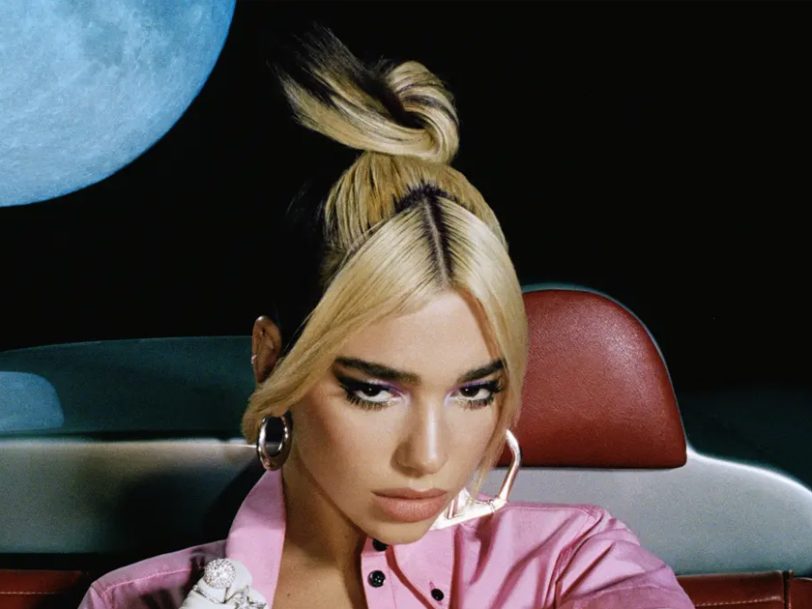“I’m really proud of this record because I feel like I found my [footing] as an artist and as a songwriter,” Dua Lipa said of her 2020 modern classic, Future Nostalgia. “I really wrote things that I absolutely love. It’s definitely a milestone for me in my career.”
However, the timing of Future Nostalgia was incredibly unlucky. The album’s release came at exactly the same time as the COVID-19 pandemic swept the globe, and the album – whose songs celebrated dancing and club culture – went out into a world that was now barred from living those joys. It meant that Future Nostalgia was heard differently than Dua Lipa had intended, but the album gained a different kind of power; carried a hope for a time when, as the song Physical put it, we could “keep on dancing like you ain’t got a choice”.
Listen to ‘Future Nostalgia’ here.
Why is Dua Lipa’s album called ‘Future Nostalgia’?
“I wanted to do something that felt fresh and new, something that touched on a memory, something that always rings so true to me, especially in my childhood,” Dua Lipa said of Future Nostalgia’s roots, explaining why she gave the album that name. “To be able to recreate that in a modern way was an absolute dream for me. I’m so happy that I stood by and honed in on that sound that I love.”
Lipa’s strong vision for the album was all over its lead single, Don’t Start Now. The song almost sounds neon: inspired by both the original floorfillers of the late 70s and the later nu-disco acts such as Daft Punk, Don’t Start Now was written by Lipa alongside the same team who made her earlier smash New Rules. “But I didn’t want to recreate what had already happened,” Lipa said in 2020, at the time of the single’s release. “I wanted to grow and change it up.”




